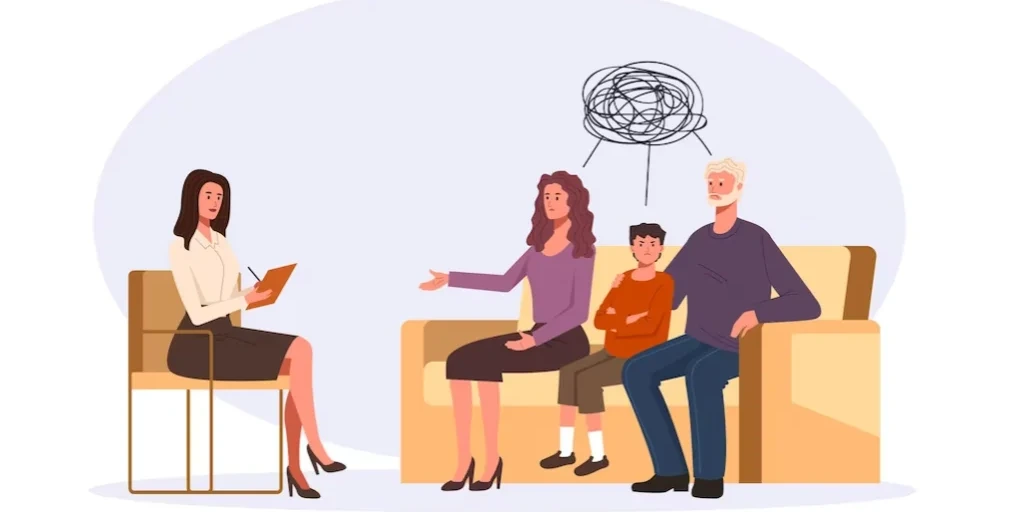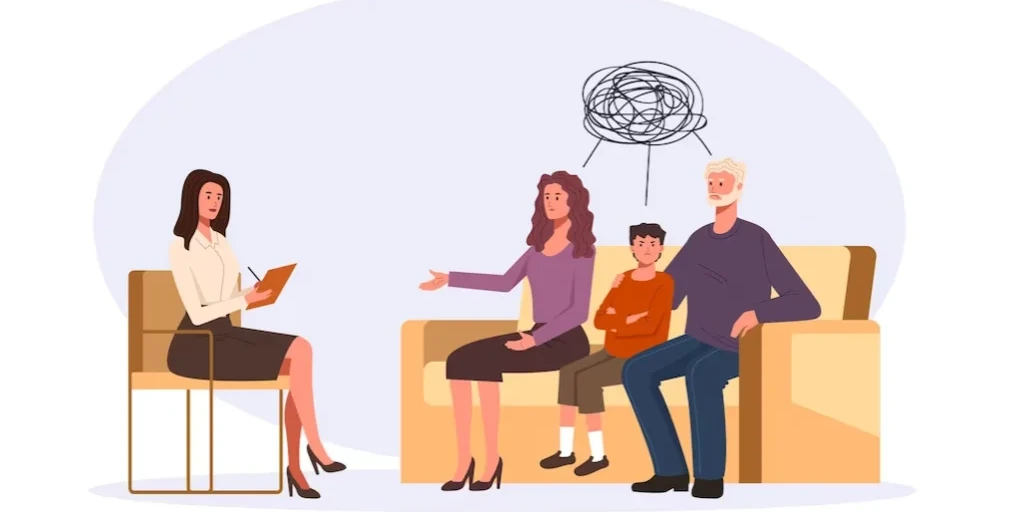24/7 Helpline:
(866) 899-221924/7 Helpline:
(866) 899-2219
Learn more about Prescription drug Rehab centers in Van Nuys
Prescription drug Rehab in Other Cities

Other Insurance Options

Evernorth

Private insurance

Coventry Health Care

Meritain

Holman Group

Access to Recovery (ATR) Voucher

WellCare Health Plans

Excellus

Health Net

Providence

BlueCross

Health Partners

PHCS Network

Anthem

Multiplan

AllWell

Sutter

Group Health Incorporated

Highmark

Self-pay options

San Fernando Valley Community Mental Health Center – Elderly
San Fernando Valley Community Mental Health Center – Elderly is a private rehab located in Van Nuys,...

Insight Treatment Program for Teens and Families – Van Nuys
Insight Treatment Program for Teens and Families is a rehab facility located throughout Greater LA a...

Twin Town Treatment Centers Sherman Oaks
Twin Town Treatment Centers Sherman Oaks is a private rehab located in Van Nuys, California. Twin To...

Gloria Detox And Rehab Center
Gloria Rehab is a CARF-accredited addiction treatment center in Van Nuys, California for individuals...

Inpatient Drug Rehab
Inpatient Drug Rehab is a private rehab located in Van Nuys, California. Inpatient Drug Rehab specia...

San Fernando Valley Community Mental Health Center
San Fernando Valley Community Mental Health Center - Community Assessment Service Center is a non-pr...

Recovery Zone II
Recovery Zone II is a private rehab located in Van Nuys, California. Recovery Zone II specializes in...

Van Nuys Alcohol and Drug Treatment
Van Nuys Alcohol and Drug Treatment is a private rehab located in Van Nuys, California. Van Nuys Alc...

Lion Recovery
Nestled in the heart of San Fernando Valley, Lion Recovery is a charming six-person facility in Van ...

Eagle Recovery Center
Eagle Recovery Center is a private rehab located in Van Nuys, California. Eagle Recovery Center spec...

Bridges Recovery Center
Bridges Recovery Center is a private rehab located in Van Nuys, California. Bridges Recovery Center ...









































